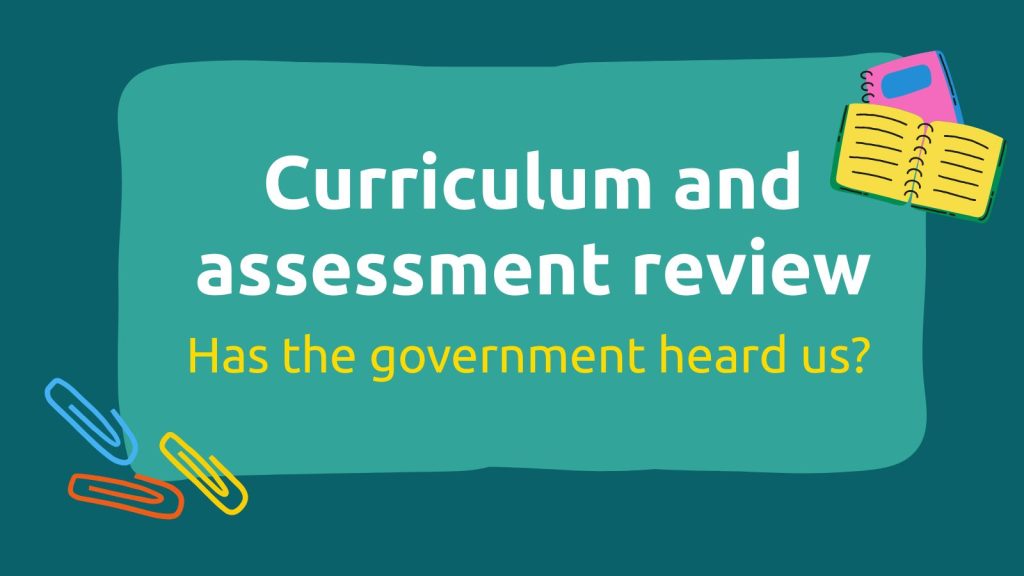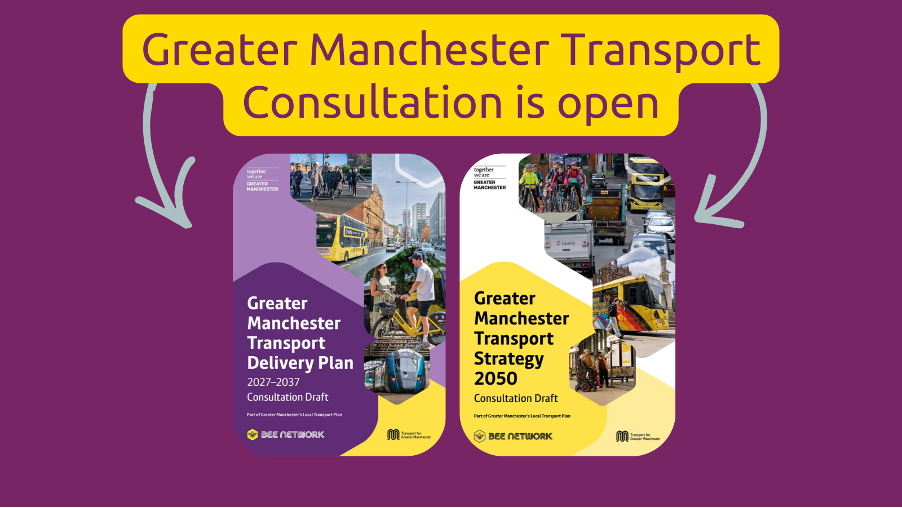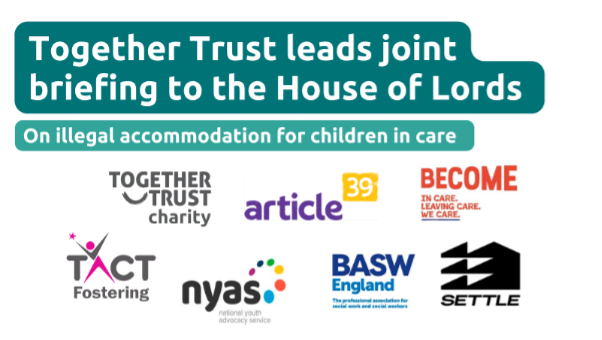
Background
In September 2024, the Department for Education (DfE) launched an independent a review of England’s national curriculum and statutory assessment system, to ensure they truly meet the needs of all children and young people.
We responded to the consultation: Read more here.
Our response was informed by feedback from staff at Inscape House School, our specialist school supporting children from Year 1 to Year 14. While Inscape is not required to follow the national curriculum, much of our curriculum is still aligned with the national framework.
The Government has now published its official response to the review.
In this blog, I explore what the government’s response means for special schools, what Together Trust called for, and how closely the government’s plans align with our priorities.
All the key policy recommendations are outlined by Schools Week.
What does the Government’s response mean for special schools?
Special schools will not be required to follow the refreshed national curriculum in full.
The SEND Code of Practice already requires schools to explain how the curriculum is adapted for pupils with SEND.
Our Recommendations & Government’s response
Assessments
Together Trust
Current statutory tests are too rigid and often fail to support learners who need additional help. We called for a more flexible and inclusive approach to Key Stage 1 and 2 assessments.
Government Response
The Government recognises that many pupils leave primary school without meeting standards in reading and maths, and this gap widens by Key Stage 4.
However, there are no plans for major changes to the assessment system.
Instead, they will:
- Improve writing assessments at Key Stage 2 and keep grammar testing.
- Introduce a new oracy framework to help pupils become confident speakers.
- Add a statutory reading fluency and comprehension test in Year 8.
- Require schools to assess progress in writing and maths in Year 8.
- Consult on Progress 8 to ensure a broad curriculum, including creative subjects.
Together Trust
We urged the Government to give teachers more flexibility in how and when assessments are carried out, using a person-centred approach.
We also called for formative assessments to be embedded in the curriculum, to help teachers track progress continuously, identify gaps early, and adapt teaching for students with SEND-making learning more inclusive and effective.
Government Response
The Government agrees that adaptive teaching and formative assessment are essential to helping pupils with different starting points make strong but will not change the overall structure of assessments (Key Stages, GCSEs, A Levels).
Instead, they plan to:
- Embed accessibility in new assessment designs.
- The Government will explore ways to improve access for pupils with SEND who find the Phonics Screening Check or Multiplication Tables Check inaccessible. This includes refining access arrangements.
- Strengthen teacher training on adaptive teaching and formative assessment, with a full review in 2027.
- Provide evidence-led resources to help teachers adapt the curriculum for SEND learners.
- Keep non-exam assessments where exams aren’t suitable.
- Introduce a diagnostic test in Maths and English at Key Stage 3 to identify gaps earlier.
- Help young people who didn’t achieve Level 2 by age 16 to do so at 16–19, targeting low prior attainers, including many with SEND and from disadvantaged backgrounds.
Digital tools
Together Trust
We asked for changes to the accountability system to better reflect progress and inclusion for learners with SEND and disadvantaged pupils. Specifically, we called for flexible, tailored digital tools that allow schools to set meaningful targets and track progress effectively.
Government Response
The Government did not commit to developing digital platforms for progress tracking. Instead, they plan to provide teachers with access to Oak National Academy’s optional curriculum materials for ages 5-16.
EHCPs
Together Trust
We called for stronger accountability around Education, Health and Care Plan (EHCP) outcomes. Local authorities need greater scrutiny to ensure EHCPs are accurate and meaningful, and central government must provide adequate funding so councils can meet their statutory duties.
Government Response
The Government reiterates that EHCPs should include any necessary modifications to the National Curriculum. However, it acknowledges that many factors affecting outcomes for pupils with SEND – lie outside the scope of this review.
Class size
Together Trust
We called for smaller class sizes and multidisciplinary teams. At Inscape House School, classes of six students supported by four staff – including specialists like speech therapists, occupational therapists, and PBS practitioners – enable tailored interventions and continuous assessment.
Government Response
The Government’s response does not mention smaller class sizes or multidisciplinary teams.
Socioeconomic disadvantage
Together Trust
Socioeconomic disadvantage can make statutory assessments even harder. Children from high-deprivation areas often have limited life experiences outside their immediate surroundings, so tests that assume broader cultural knowledge can feel alien and inaccessible.
Government Response
The Government highlights the need for inclusive accountability systems, tailored support, and flexibility – but says many barriers, like poverty, lie beyond the curriculum and outside the scope of this review.
The response commits to applying a social justice lens to curriculum and assessment reforms, but structural changes, funding, and multidisciplinary support are still needed to make this vision a reality.
Reflections
We welcome the focus on reforms aimed at improving outcomes for disadvantaged learners, including those with SEND. However, the government must go further in its forthcoming Schools White Paper to create a system that truly works for all.
Implementing a new curriculum will be costly and challenging for schools. Current SEND budgets are already inadequate, and without significant investment, schools will struggle to deliver meaningful support.
The wider context of poverty and real-terms cuts cannot be ignored – curriculum reform alone cannot overcome these barriers.
What’s next?
The revised national curriculum will be published in 2027, with first teaching expected from September 2028.
Stay informed about our work on SEND by:
- Checking our website news
- Signing up to our campaign updates



